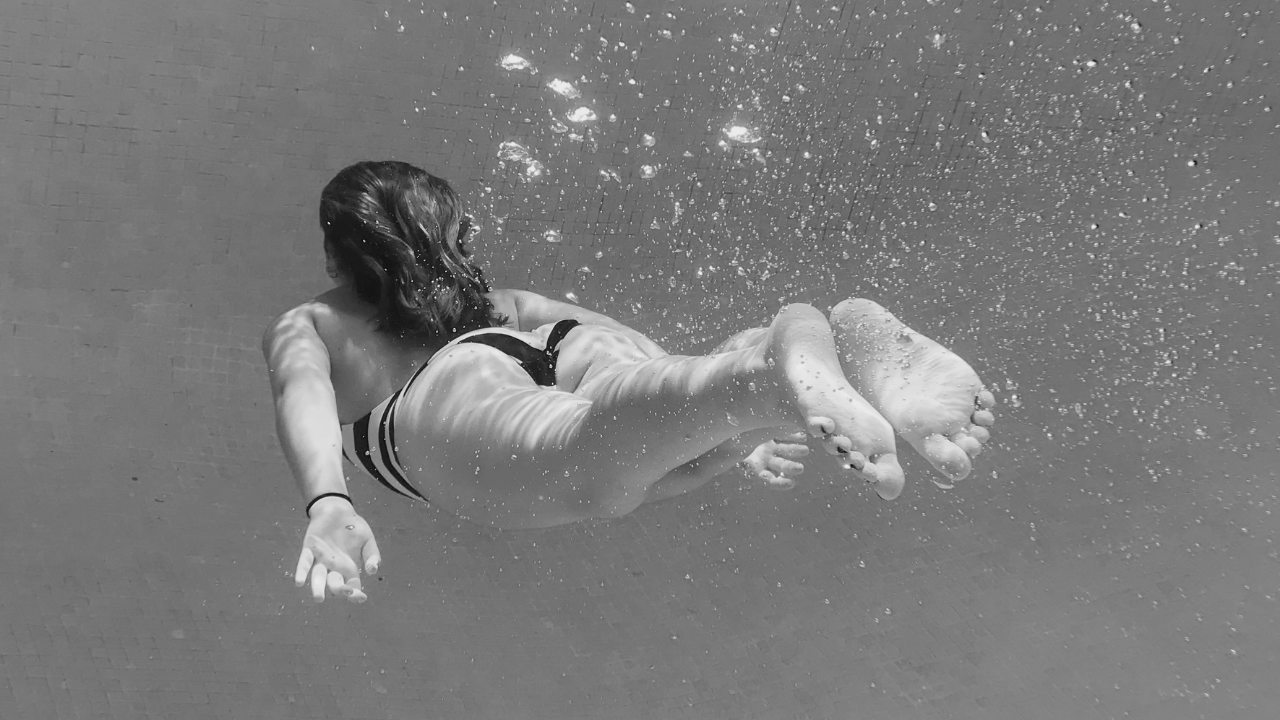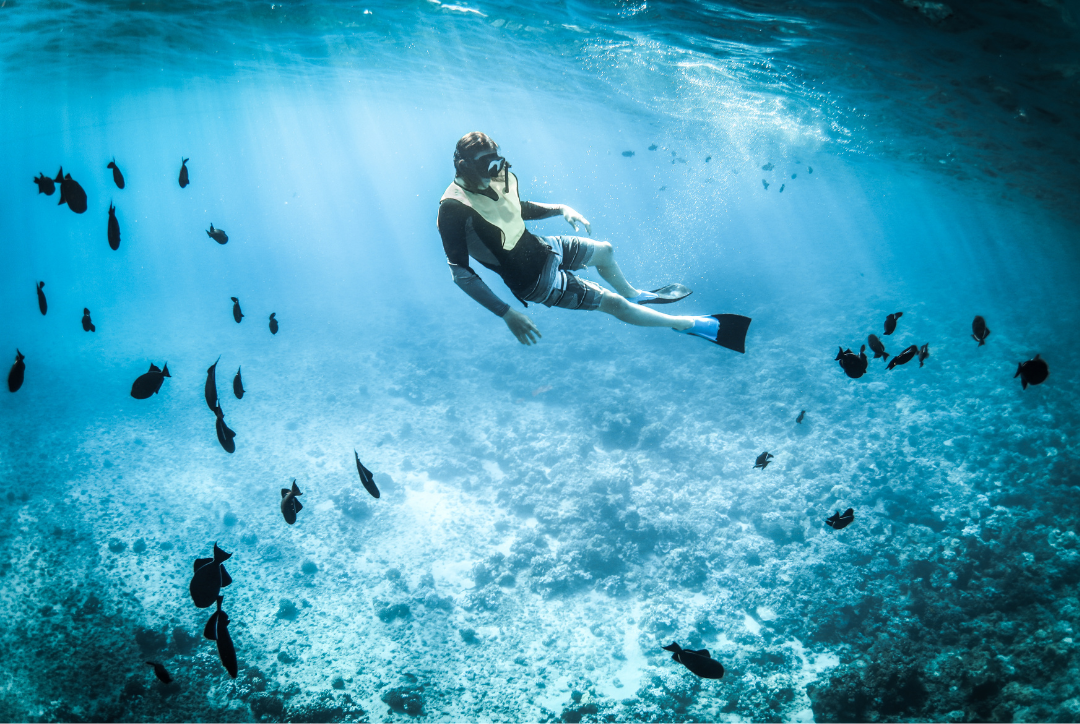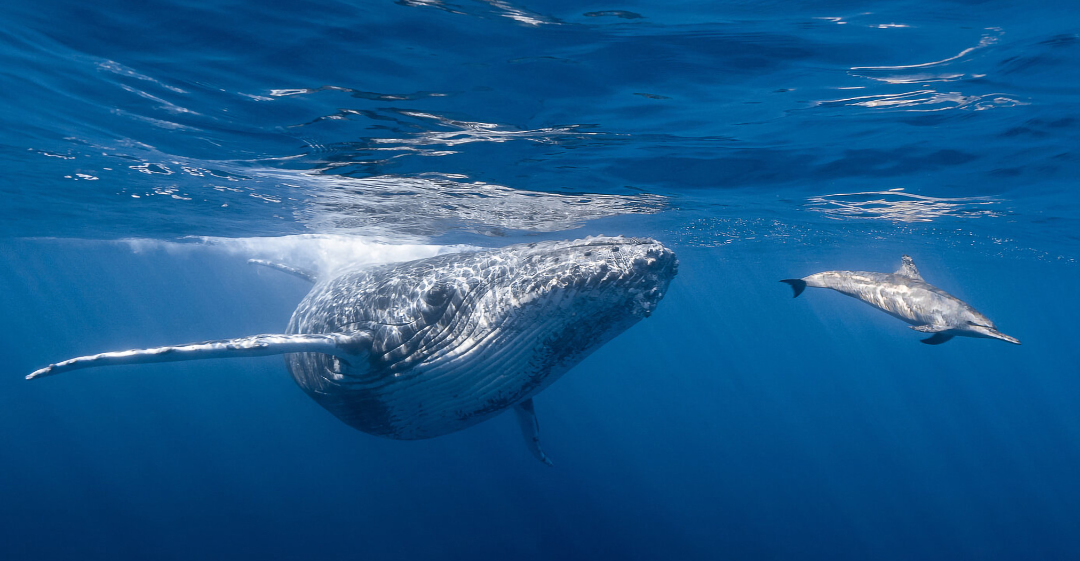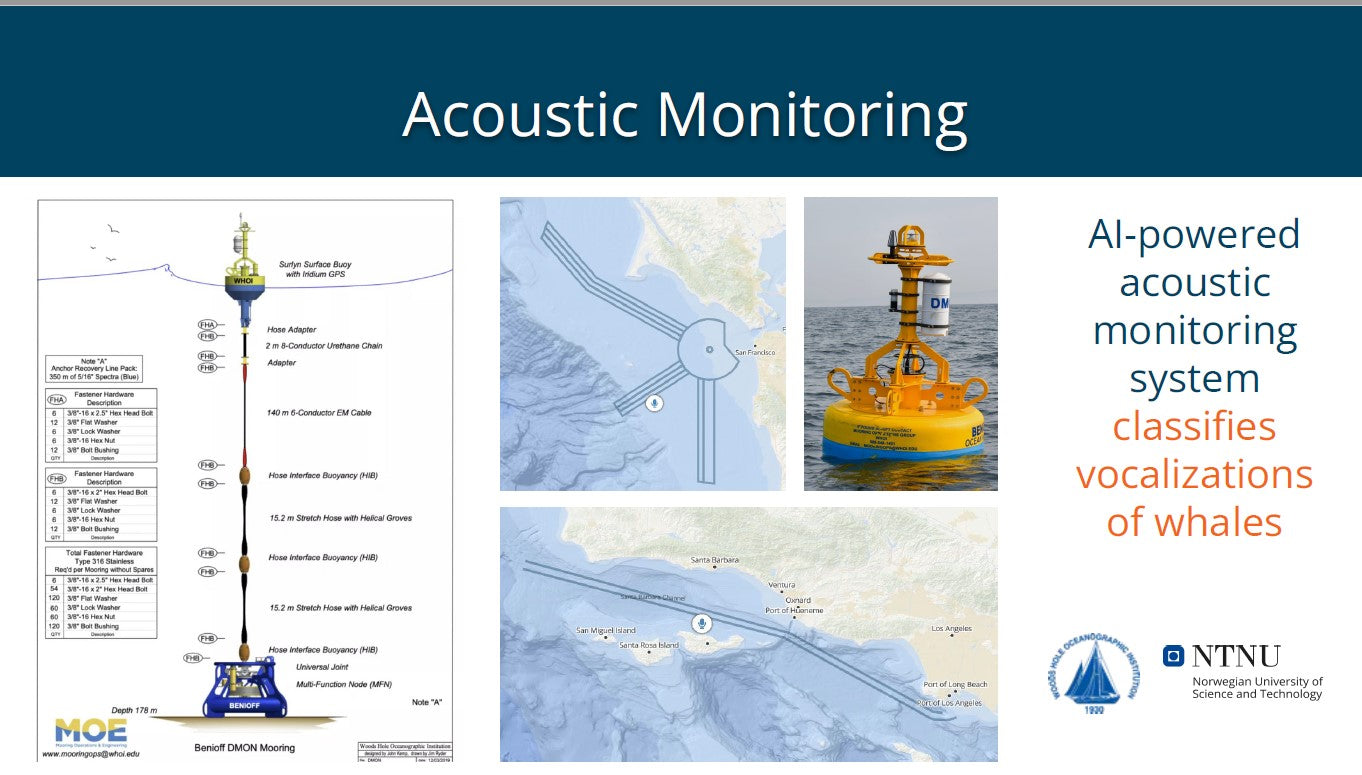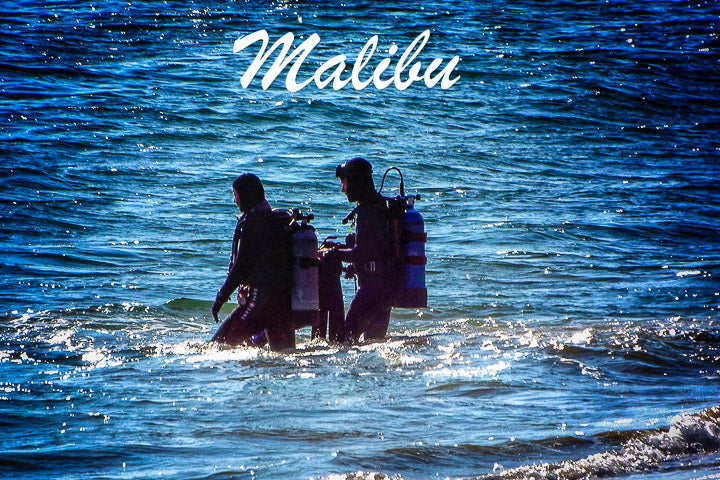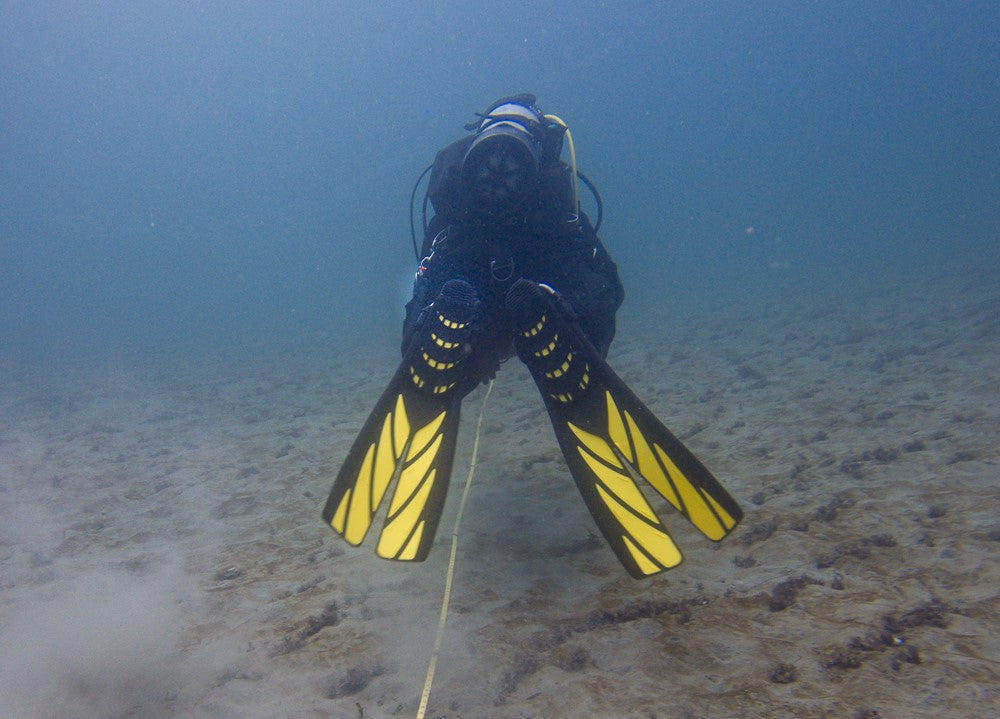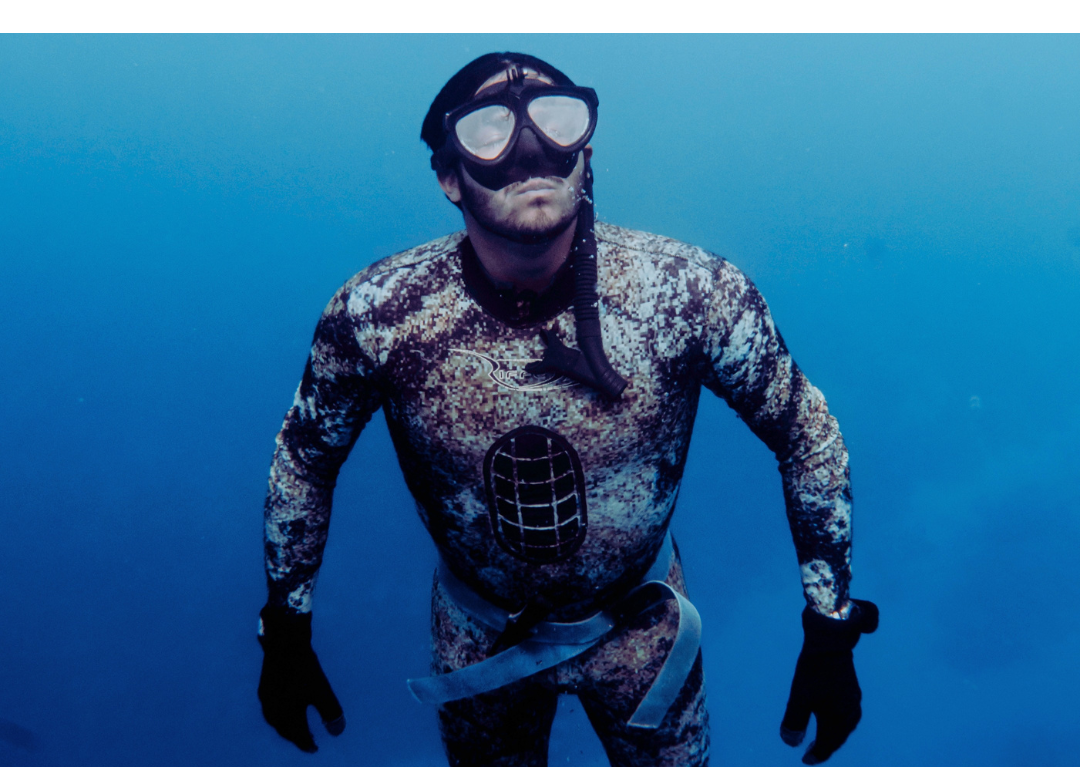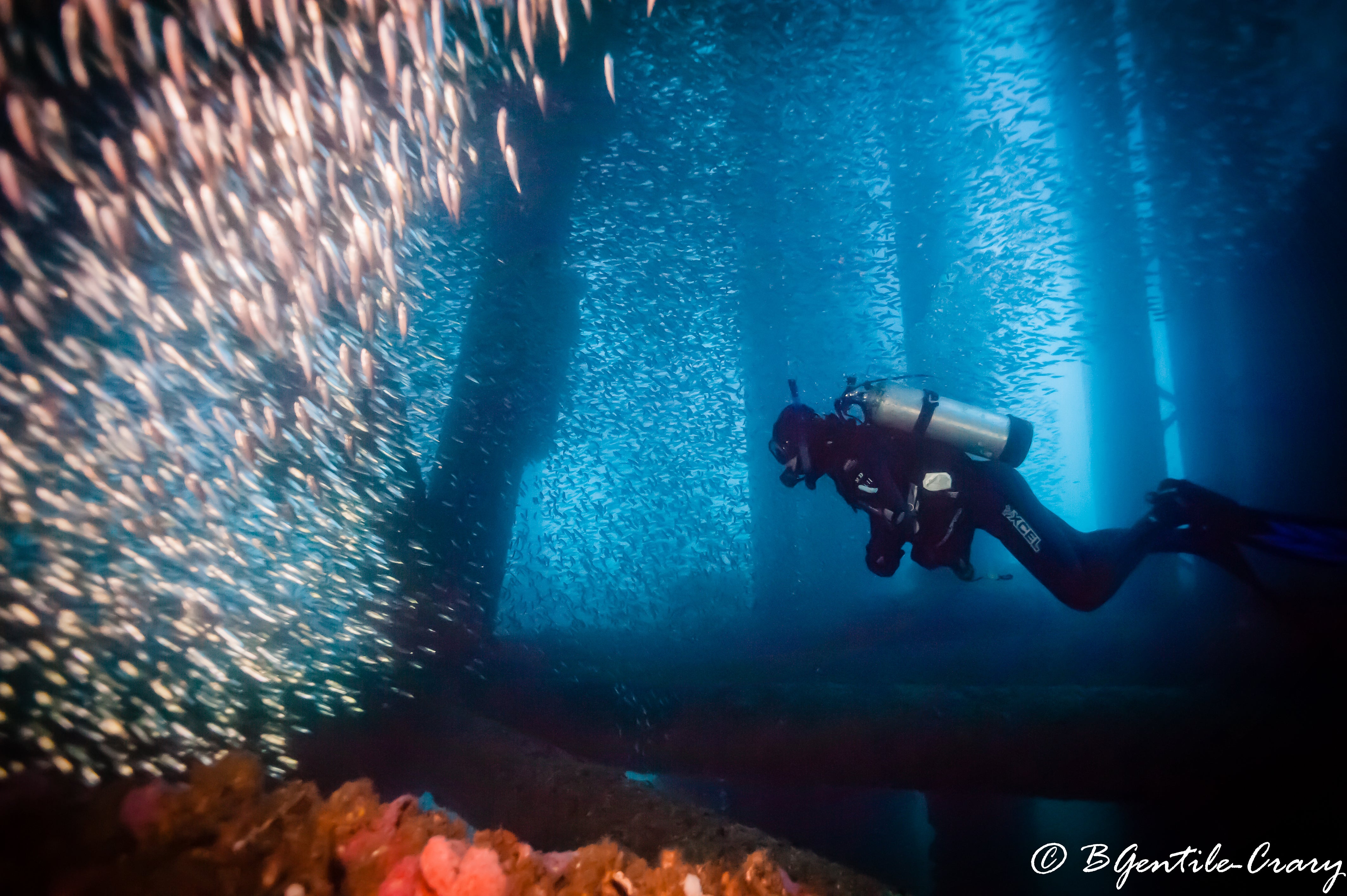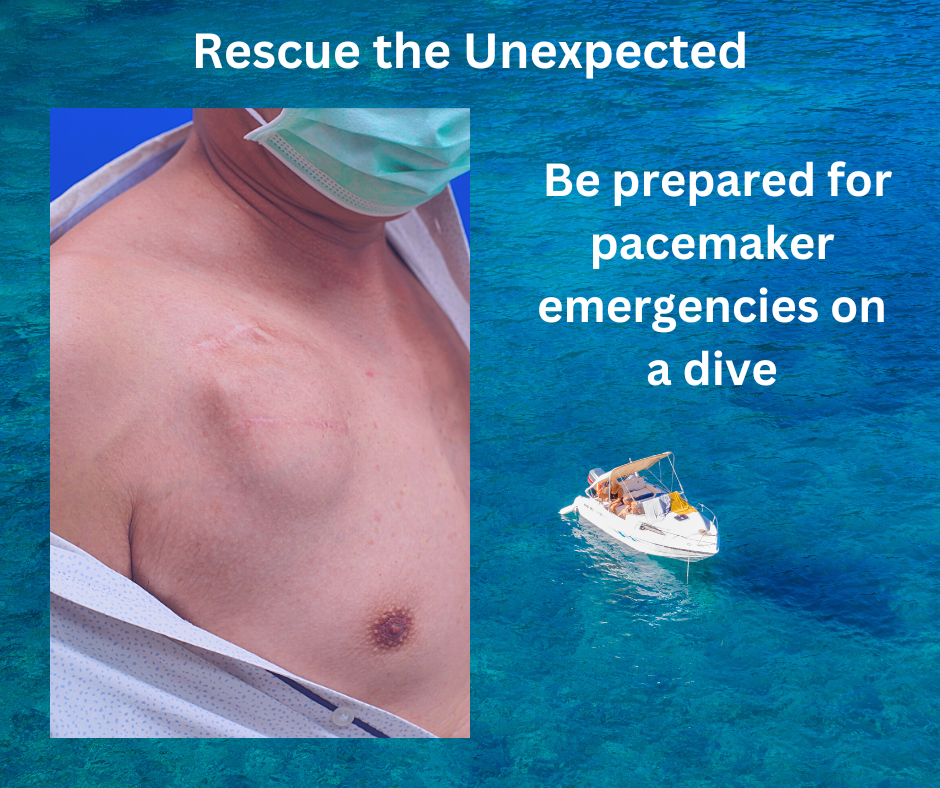Deep News
- All
- acoustic modeling
- Advanced Open Water
- advantages for life
- adventure
- Adventure Diver
- AED
- AIDA
- Algae Bloom
- Anacapa Island
- apnea
- Astronomy
- awareness
- beach blanket bingo
- breath hold
- buoyancy
- California
- California lobster
- cardiac health
- catalina
- catching fish
- CDFW
- cell phone
- Channel Islands
- children scuba divers
- CMAS
- colds
- comfortable and confident
- Con Ed
- confidence
- connection
- conservation
- coronavirus
- covid-19
- CPR
- curiosity
- damage
- DAN
- deep-sea mining
- dehydration
- Dive careers
- dive computer
- dive destinations
- Dive Innovation
- dive local
- Dive Smart
- dive training
- dive travel
- divemaster
- divers
- Divers Alert Network
- diving
- Diving competence
- diving for lobster
- Diving safety
- diving skills
- Diving Wonders
- dolphins
- dream job
- Drowning
- drysuit
- drysuits
- EANx
- Economic Uncertainty
- EFR
- EFR Instructor
- Emergency
- enriched air
- enriched air diving
- Entertainment Industry
- Environmental stewardship
- excellence
- exposure suits
- fail
- family dive vacation
- fear
- female divers
- First Aid
- Fishing license
- fitness
- flu
- free diving
- freedivers
- freediving
- Freediving competitions
- FreedivingTips
- giant sea bass
- Gidget
- hawaii
- health
- heart
- heat loss
- hooded vests
- humpback whales
- hypothermia
- IDC
- immersion diuresis
- improve mental and physical health
- independence
- Instructor
- iphone®
- iphone® housing
- kelp
- krill
- lancetfish
- learn to dive
- Learning to dive
- Lloyd Bridges
- lobster
- lobster report card
- male divers
- Malibu
- Malibu beaches
- Mariana Trench
- marine biology
- marine ecosystems
- Marine Life
- mercury
- Mike Nelson
- Mount Wilson Observatory
- MPA
- nitrox
- No decompression sickness
- ocean
- ocean adventures
- Ocean Geology
- OceanExploration
- octopus
- odor
- oldest human remains
- Open-mindedness
- pacemaker
- PADI
- PADI Rescue
- passion
- Peace Dive Boat
- Peak Performance Buoyancy
- pee
- performance
- Personal growth
- Point Dume Marine Reserve
- precautions
- prepared diver
- Preservation
- Private beach ownership
- professional diver
- professional scuba diver
- protect
- Public beach access
- Quora Questions
- reactivate
- real-time whale detection
- red tide
- referral
- repetitive dives
- Rescue
- Rescue Diver
- safe fish
- safe to eat
- Safety
- Santa Rosa Island
- science
- scientific research
- SCUBA
- Scuba diving
- scuba diving health
- scuba diving safety
- scuba equipment
- scuba gear
- SCUBA lessons
- scuba safety
- Sea Hunt Legacy
- Sea lions
- sealife cameras
- Shared experiences
- spiny lobster
- SportDiver housing
- stroke
- summer vacation
- sunfish
- Tectonic Plate Exploration
- teenagers
- training
- travel
- Travel Dive Gear
- try freediving
- try scuba diving
- tune-up
- underwater exploration
- underwater housing
- underwater imaging
- underwater photography
- underwater videography
- underwatercameras
- unrealistic expectations
- urinate
- Veganism
- Waterproof
- wetsuit
- wetsuit shampoo
- whale safety
- whales
- women
- women divers
- wreck
- XCEL
Freediving: A Thrilling Underwater Experience
Freediving is a thrilling activity that allows you to explore the underwater world without scuba gear, but it can be dangerous if not approached with caution and the right knowledge. In our latest blog post, we highlight the importance of learning the basics of freediving. By understanding proper breathing techniques, equalization, and safety procedures, you can avoid potential risks and enjoy the activity without harm. Moreover, learning the basics of freediving can help you gain confidence, improve your performance underwater, and streamline your movements. We highly recommend taking a course or training session before your next trip to gain valuable knowledge and skills that will make your experience even more enjoyable.
Try Diving and Develop Your Curiosity
The blog discusses the benefits of scuba diving as an activity that not only allows one to explore the underwater world but also strengthens their sense of curiosity, creativity, personal control, and problem-solving skills. The post highlights the importance of curiosity in learning and mentions how scuba diving can lead to greater happiness and long-term health benefits. Additionally, the post features the inspiring story of a woman who pursued scuba diving while recovering from a car accident, demonstrating the sport's inclusivity and ability to empower individuals. Finally, the blog invites readers to try scuba diving themselves and discover the sense of peace, freedom, and friendship that it can bring.
Join us on an exciting journey into the deep blue waters of the Pacific as we uncover the awe-inspiring world of whales and dolphins in the Southern California Bight. Discover the fascinating behaviors, unique characteristics, and impressive sizes of these majestic creatures, from the playful common dolphin to the mighty blue whale. Learn about their migratory patterns, feeding habits, and the importance of conservation efforts to protect their existence. Come along with us as we delve into the depths of the ocean and witness firsthand the wonders of marine life in the Southern California Bight.
Whale Safe is a real-time whale detection and warning system that uses acoustic modeling, blue whale modeling, and sightings to predict daily whale presence ratings. The system sends out alerts via Twitter, emails, and APIs to the shipping industry and boaters, helping to reduce the number of whale strikes and improve overall safety for both the whales and the boaters. The Whale Safe system uses a variety of data sources, including underwater acoustic sensors and visual sightings, to detect and track whale movements. The system is powered by sophisticated acoustic modeling algorithms, which allow it to accurately predict the presence of whales in a given area.
Unlocking the Hidden Benefits of Scuba or Freedive Training at Local Dive Store
Local Dive Stores: The Only Way to Dive Without Sinking Your Bank Account! Looking to get scuba or freedive certified? If you're considering doing your training at your vacation destination, it might be tempting to go with the local dive...
From Pandemics to Climate Change: The Growing Importance of Scuba Diving in Scientific Research
As the world faces increasingly complex challenges, the importance of scuba diving in scientific research is growing. From studying the effects of climate change to exploring underwater ecosystems, scuba diving is becoming an essential tool for scientists and researchers. With proper training, it offers an exciting and rewarding career path that can help uncover new insights about the world we live in. Check out our latest blog post to learn more.
Heat Loss in Diving: Understanding the Importance of Slowing Down
Diving can be dangerous if proper precautions are not taken, especially with regards to heat loss in cold water. Hypothermia is a medical condition that occurs when a person's body loses heat faster than it can produce it, causing a dangerously low body temperature. To avoid hypothermia, it's important to have proper gear such as a wetsuit, hood, gloves, and boots to protect your body and keep you warm. The 50/50/50 rule states that a person has a 50% chance of survival for 50 minutes in 50°F water, highlighting the dangers of cold water exposure. Water's high heat capacity and retention characteristics can quickly affect a person's body temperature, so it's important to be aware of the water temperature and choose the appropriate gear. Stay warm and safe by having the right gear, understanding the 50/50/50 rule, and being aware of water's heat capacity and retention.
Exploring the Depths: A Guide to Underwater Imaging
This blog post will explore the world of underwater imaging, including photography and videography. It will cover the specialized equipment needed for underwater imaging, such as underwater cameras and housing. It will also provide tips on the dive skills required for both scuba diving and freediving when taking images underwater. Additionally, the post will discuss the importance of understanding marine life behavior and being familiar with local diving regulations for capturing the best images possible. The post aims to provide readers with a summary guide to exploring the depths of the ocean and capturing its beauty through photography and videography.
Rescue Diver: What to Do When Your Victim Has a Pacemaker
The Cardiac Pacemaker Devices Market is expected to reach $4.34 billion by 2028, at a CAGR of 3.1% during the forecast period of 2021 to 2028. As a rescue diver, you must be mindful that individuals with pacemakers do and...


